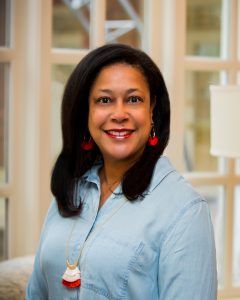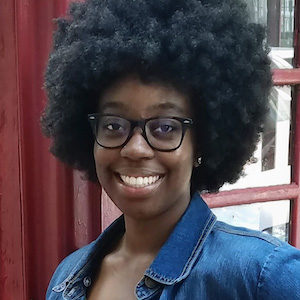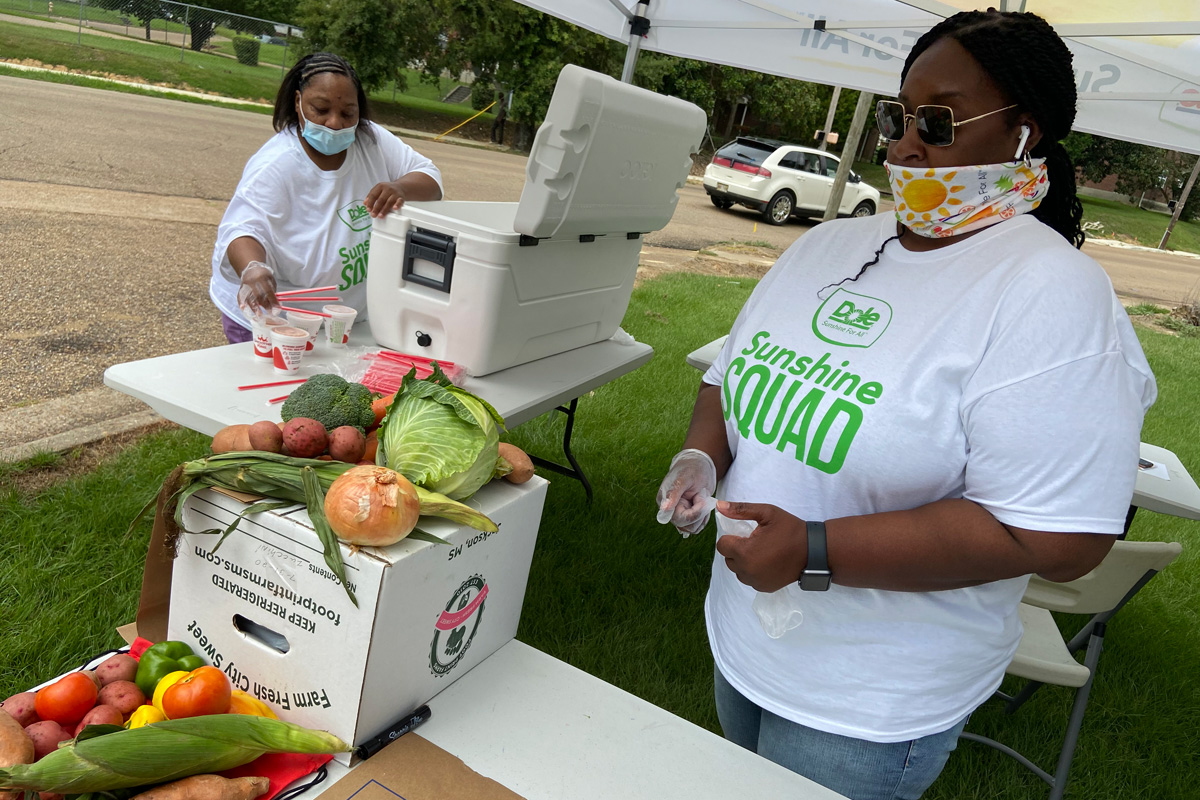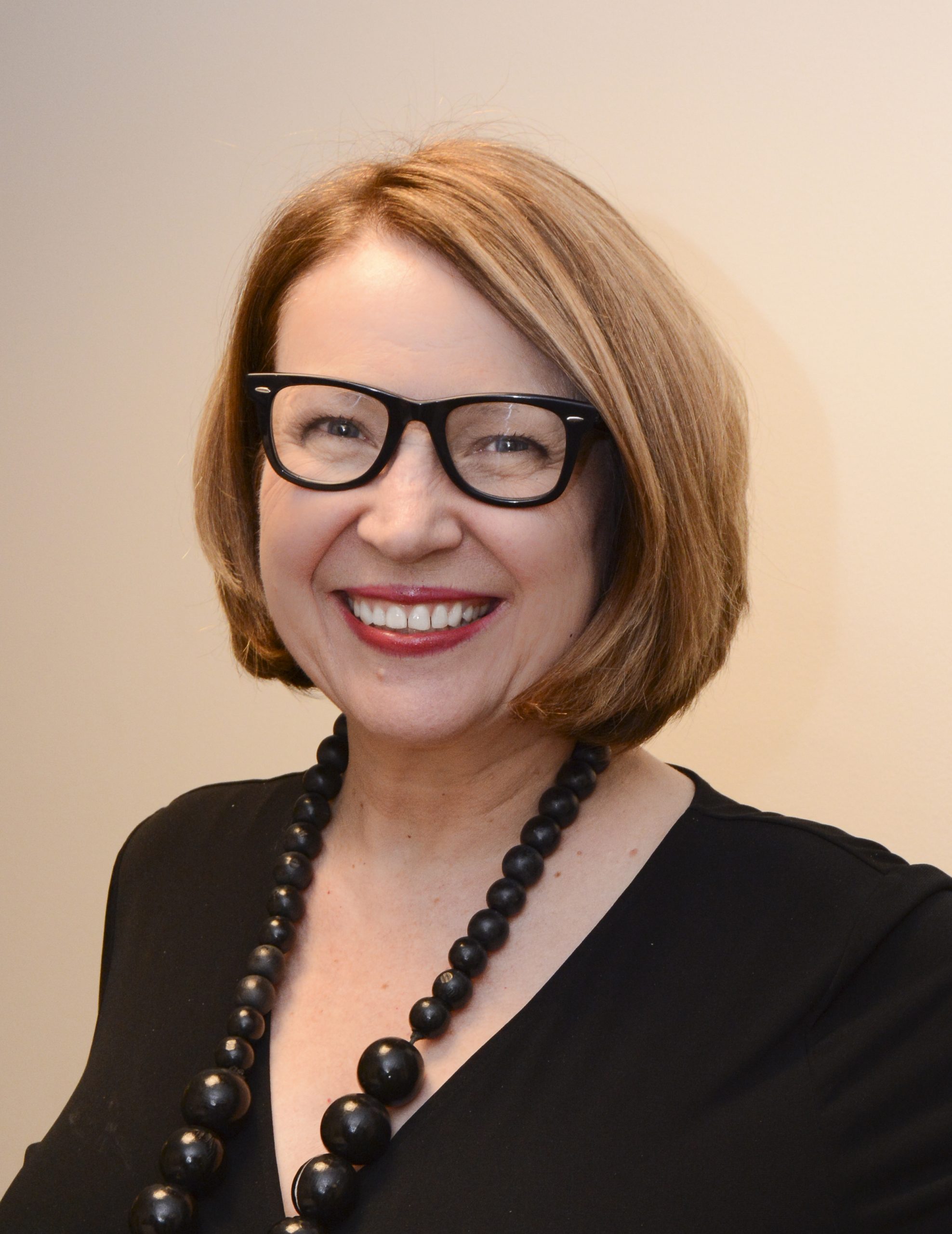Life was good the morning of March 11, 2020. I got up at my home in Jackson and dressed in a new outfit I’d bought anticipating a spring filled with professional gatherings crisscrossing the country. That morning, I donned my new thin suede turquoise jacket with subtle biker styling and headed to Two Museums to catch a crowded seminar. It was about the push to relocate graves from the old “insane asylum,” previously on the site of University of Mississippi Medical Center, to build a parking lot. (I have an ancestor in one of those graves, so I’m especially interested in these plans.)

By that afternoon, I was at the long table with newspaper staff in our downtown office discussing the new coronavirus barreling down on Mississippi. By the next day, I was working at home due to my medical history as the rest of the staff prepared to work remotely for who-knows-how-long. (We still haven’t gone back.)
By Sunday, March 15, 2020, reporter Ashton Pittman and I had decided to go ahead and drop stories for the Mississippi Free Press, the new statewide nonprofit publication Kimberly Griffin and I were planning. We had already hired Ashton to be our first reporter, and we thought we were in a big-story planning stage then. MFP didn’t even have a website, yet. We didn’t think it was a rush.
But it was go-time, we both knew.
New Journalism for Mississippi: No Political Horse Races
Within 72 hours of me sitting in a packed museum auditorium thinking about UMMC parking lots and the ethics of relocating graves, Ashton and I were texting about the urgency of doing vital journalism as the pandemic slammed us. We knew from experience that the powerful have oversized influence on Mississippi media—the need for real truth-to-power reporting was a major reason Kimberly and I had decided to start MFP in the first place. And it was obvious to us that our institutional knowledge about the state and its leaders was urgently needed in what was undoubtedly going to be false-dilemma battles over economy-vs.-safety in upcoming months.
The state, we believed, needed our expertise in embedding context into our journalism, and Mississippians needed us to demand the inevitable-in-Mississippi questions about race and gender inequities during the pandemic that lay just ahead.

By the night of March 15, we had thrown up a temporary site and started dropping our first stories related to the pandemic: powerful essays, including one by a Starkville doctor; reporting about the need to anticipate and monitor racial disparities in Covid response and, in quick order, on the early impacts around the state of the governor’s halting safety decisions.
Ashton and I were working nearly around the clock on journalism focused on COVID-19 safety—and six days after we dropped the first piece, Ashton published his first of many viral MFP pieces so far: detailing patchwork safety regs and resulting confusion around the state due the governor’s hesitancy to enact statewide safety regulations.
Soon, Mauricio Quijano started his powerful series of stories about immigrants in Mississippi during COVID-19, in English and Spanish, including a haunting piece about an undocumented couple from Guatemala who worked in chicken plants while navigating COVID-19.
Then, the remarkable and quietly brilliant Aliyah Veal, a Jackson native who went to New York City for a master’s in journalism and then brought it home (as I did), joined us to redefine what her chosen title of “culture reporter” can really mean. Just start with her ongoing solutions-focused Covid-era food-insecurity series, and you’ll get my point. Then read the rest of her work.

MFP journalism immediately proved that we weren’t just any startup media outlet. Kimberly, Ashton and I, and our fast-growing team, know how to do in-depth journalism, and we just did it out of necessity as Covid hit Mississippi. We started demanding Covid data by race, ethnicity, gender; we did the digging on who was influencing state decisions on “Restart Mississippi” funds in May 2020 (and their donations to the governor); we went deep into the science; we told real stories about real people due to a network that trusts us, including about an ICE detainee with Covid who couldn’t get medical care. (He did the next day.)
This wasn’t just capital city or Legislature-focused journalism, and it wasn’t fixated on the powerful and the political horse races they lead and prefer journalists to be distracted by. We are fully focused on digging out causes of inequities, reporting the devastating symptoms of them, and helping Mississippians go beyond staunching the bleeding to repairing the results and helping our home state be a stronger and more inviting place for all of us.
A Roadmap to Inspire Change and Success
It’s been quite the year—of investigative reporting, making the powerful uncomfortable on the road to needed change, talking to people across the state and doing journalism no one else bothers with. For me, it’s also been a year of driving the state county-by-county on the weekends to build my knowledge and understanding of the state and its conditions—and ultimately develop comprehensive reporting plans about the roots and results of inequity, racism and neglect. I plan to start blogging my discoveries at donnaladd.com. Hold me to it.
Our work to date has brought a long list of accolades, loyalty and love from a growing reader base during tough times, and support inside and outside the state from a wonderfully inclusive member and donor list to date. We are humbled, inspired and bolstered by the attention and a support base quickly approaching 1,000 donors during 12 months of a worldwide pandemic.

You tell us in no uncertain terms that you want real truth-to-power journalism in Mississippi fully focused on solutions over political gamesmanship. We hear you. We’re on it.
Here’s the thing you can bank on with the MFP team: Kimberly, Ashton, Azia, Cristen, Nick, Aliyah and I—and our boards and the rest of our growing team—are doing this for Mississippi, not awards and media coverage. We choose to live and report here because we believe in our home’s potential to both overcome our past and build a stronger, equitable, and more loving and accepting state for everyone.
Our contribution is solutions-based journalism that can be a roadmap to inspire change and success, such as the reporting we’re doing now on systemic racism’s effect on Jackson’s infrastructure, helping create a national conversation.
We are here for the Mississippi we love. We do the hard work because we love this state to pieces and fully believe a better future is possible. It’s that simple.






